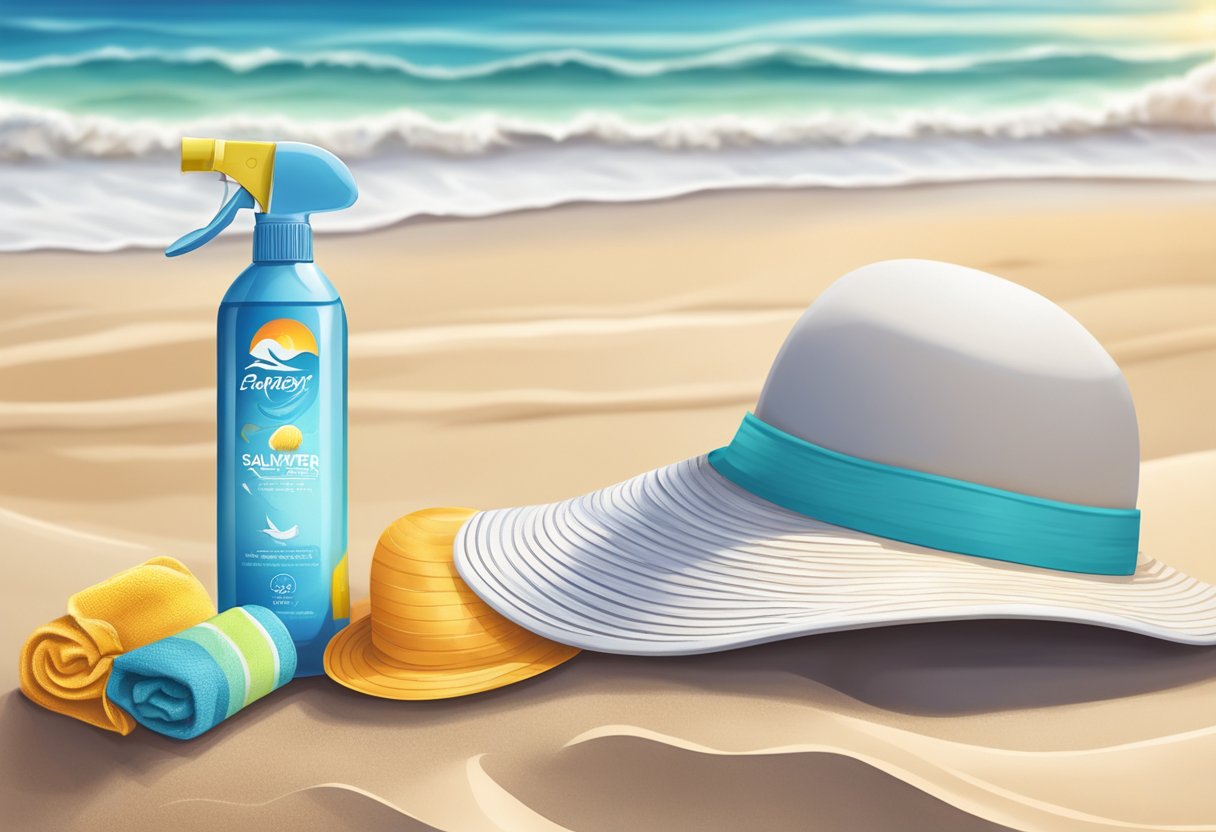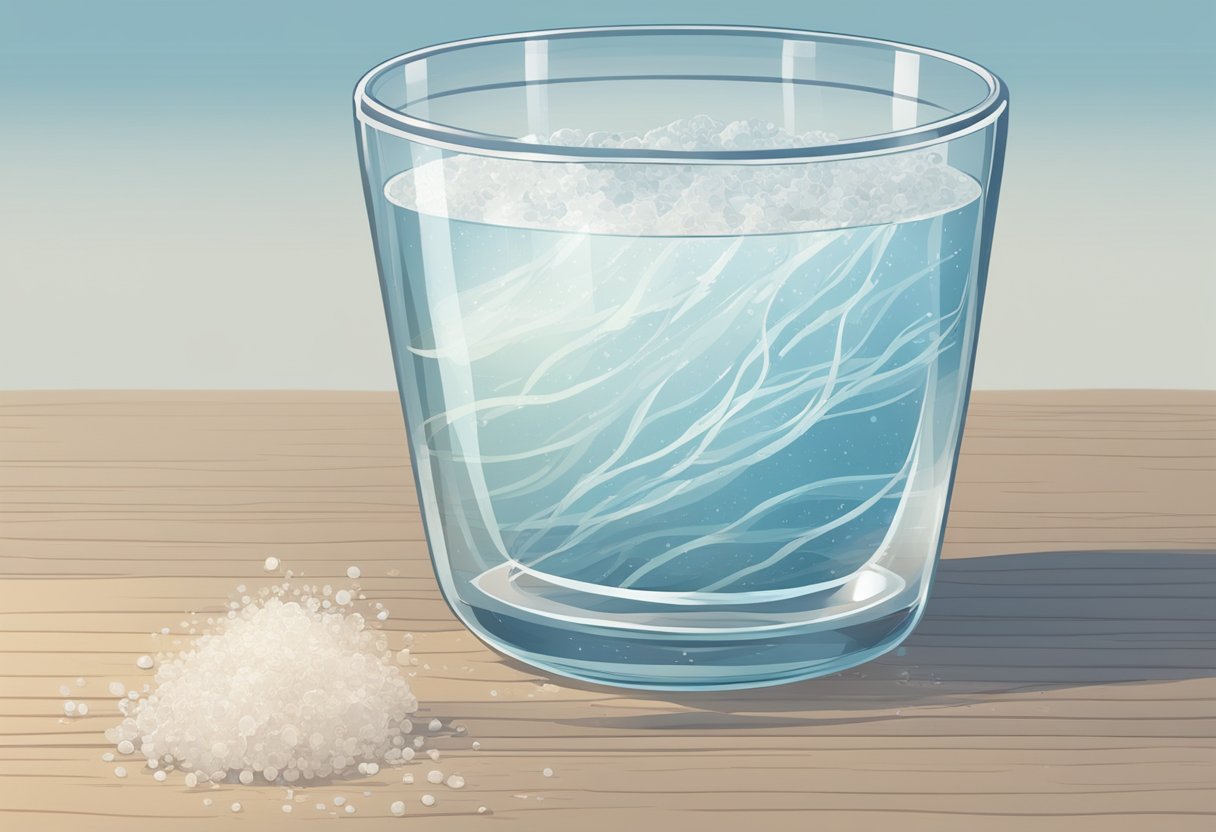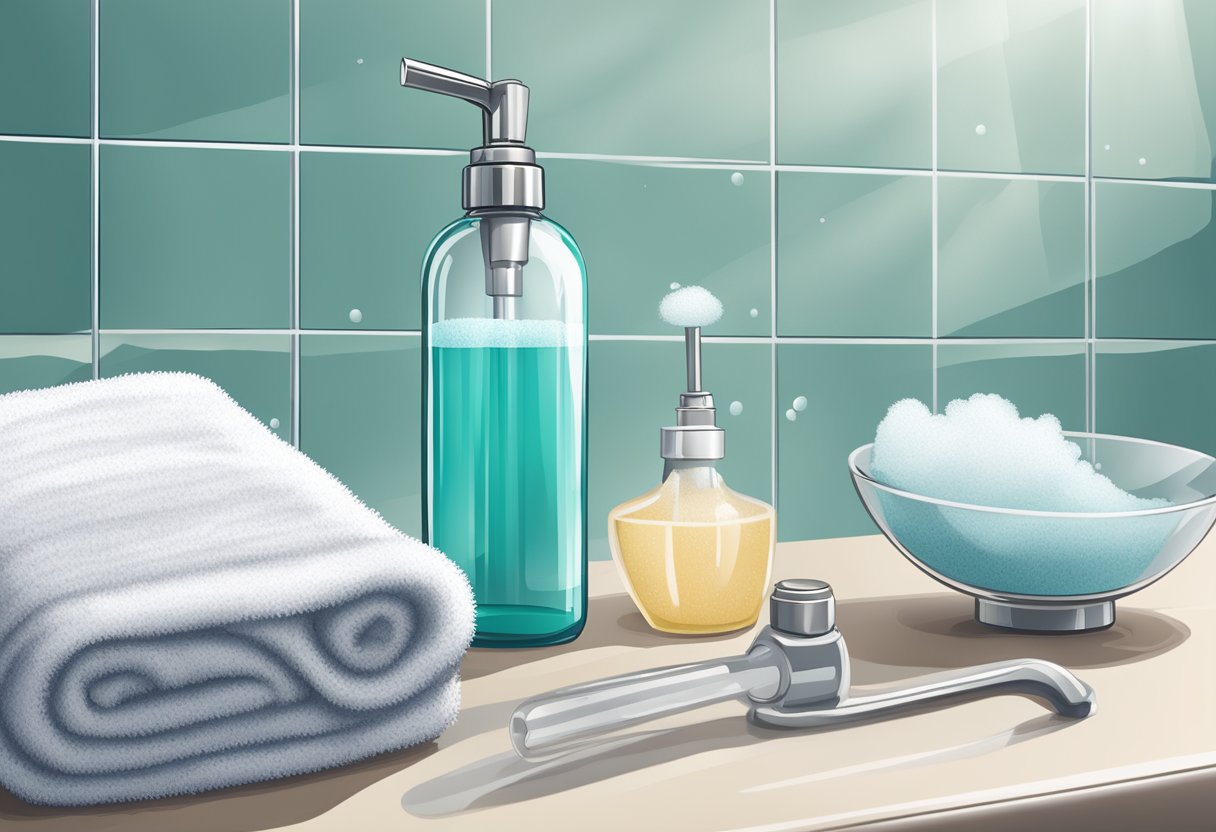Salt water has long been heralded for its therapeutic properties, particularly for skin and respiratory issues. However, when it comes to hair care, opinions are divided. Some proponents believe that salt water can contribute to hair health by opening the cuticles of the hair, thereby cleansing the scalp and providing volume and texture. This effect can be particularly desirable for those aiming to achieve a tousled, beachy hair look.

On the other side of the discussion, there are experts who suggest that salt water may be harmful to hair. They argue that salt water can strip hair of its natural oils, leading to dryness, brittleness, and breakage. Individuals with color-treated or processed hair may be particularly vulnerable to these effects, as the hair shaft is already compromised and sensitive to additional stressors.
The veracity of the claims about salt water’s benefits or drawbacks for hair health therefore warrants a closer examination. The impact of salt water on hair varies based on individual hair type, condition, and exposure frequency. Understanding these factors can provide a clearer perspective on whether salt water is beneficial or detrimental to hair health.
Effects of Salt Water on Hair Health

Salt water can have both beneficial and adverse effects on hair health. Understanding these effects helps individuals to make informed decisions about their hair care routine.
Hydration and Dryness
Salt water is known to draw moisture out from the hair and scalp due to its osmotic effects. Repeated exposure can lead to dehydration of the hair strands, making them brittle and prone to breakage.
- Hydration Loss: Frequent salt water immersion can strip away natural oils, causing dryness.
- Scalp Health: An overly dry scalp may become itchy and flaky, worsening conditions like dandruff.
Texture and Volume
Salt water can temporarily enhance the texture of hair, giving it a more rugged, voluminous look. This is often sought after for a ‘beachy’ hairstyle effect.
- Enhanced Texture: Increases hair’s grip, offering a tousled, wavy appearance.
- Volume Boost: Hair may appear fuller as salt can help to swell the hair cuticle, resulting in a temporary increase in volume.
Color Fade and Damage
Chemically treated and colored hair may fade faster with continued salt water exposure. Salt acts as a mild abrasive, which can not only fade color but may also lead to increased damage over time.
- Color-Treated Hair: Salt water can greatly accelerate color loss and lead to dullness.
- Structural Damage: Salt particles can erode the hair cuticle, intensifying the risk of hair damage.
Scientific Analysis of Salt Water Benefits

Salt water’s impact on hair health is attributed to its mineral composition and the historical data supporting its use. These factors contribute to a nuanced understanding of how salt water may be beneficial for hair.
Mineral Content and Hair Nourishment
Salt water is rich in minerals such as sodium, magnesium, and potassium. These minerals are essential for hair health, as they can help to:
- Strengthen: Magnesium, for instance, can strengthen hair follicles and prevent hair loss.
- Nourish: Potassium is vital for maintaining proper cell function in hair follicles.
- Hydrate: Though salt water can be drying, it also contains minerals that may help in maintaining moisture in the hair.
Scientific Studies and Evidence
Few large-scale, peer-reviewed studies have directly addressed the impact of salt water on hair health. However, smaller studies and anecdotal evidence suggest that, when used in moderation, salt water can contribute to hair health by:
- Exfoliating: Salt water helps cleanse the scalp, potentially reducing dandruff through its natural exfoliating properties.
- Texturizing: It can give hair a rougher texture, which translates into a voluminous appearance that many find desirable.
Researchers recommend using a balanced approach to salt water exposure to avoid possible dryness or brittleness in the hair.
How to Safely Use Salt Water for Hair Care

Using salt water for hair care can add texture and volume, but it’s crucial to apply it properly and take steps to prevent damage.
Recommended Application Techniques
- Dilution: Mix one teaspoon of sea salt with approximately one cup of warm water. This can vary depending on hair type and sensitivity.
- Application: Use a spray bottle to mist the solution onto hair, focusing on the mid-lengths to the ends rather than the scalp, to avoid dryness.
Protecting Hair from Salt Water Damage
- Conditioning: Apply a leave-in conditioner before using the salt water solution to provide a protective barrier.
- Rinsing: After exposure to salt water, thoroughly rinse the hair with fresh water to remove salt residues that can be drying.
Alternatives to Salt Water Treatments

Consumers seeking the benefits of salt water for hair without the harsh effects have various options from ready-to-use products to gentler natural alternatives.
Commercial Saltwater Hair Products
Commercial saltwater hair products offer the texturizing properties of salt water without the potentially damaging high salt concentration. Many of these formulations include additional hair-nurturing ingredients, such as oils and proteins, to counteract dryness. A popular choice is salt sprays, which can be applied to the hair for a controlled and even distribution of product. Some sprays incorporate protective elements like UV filters to safeguard hair from environmental damage.
Here is a brief list of what consumers might find in commercial saltwater hair products:
- Hydrating Agents:
- Glycerin
- Panthenol
- Proteins:
- Keratin
- Silk amino acids
- Oils:
- Argan oil
- Coconut oil
Natural Alternatives
For individuals who prefer a more natural approach, there are gentle home remedies that can mimic the effects of salt water without over-drying the hair. For instance, one can create a light sea salt mixture using finely ground sea salt and warm water, diluting the solution to reduce the potential for hair dehydration. People can also use aloe vera gel, either store-bought or directly from the plant, which offers the dual benefits of light hold and conditioning. Additionally, essential oils like lavender or chamomile can be diluted and applied to the hair for their soothing fragrance and softening properties.
A suggested recipe for a homemade natural hair spritz could include:
- Sea Salt Mixture:
- 1 teaspoon finely ground sea salt
- 1 cup warm water
- Moisturizing/Conditioning Components:
- 1 tablespoon aloe vera gel
- 1 teaspoon carrier oil (e.g., argan oil)
- Scent (optional):
- 2-3 drops of essential oil (e.g., lavender)
Mix ingredients and transfer them into a spray bottle for ease of use.




